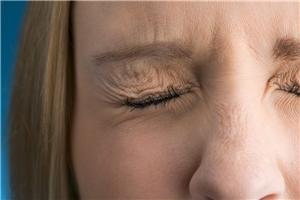![]()
The number of people suffering from myopia in the western world has increased by two-thirds in the past 30 years.
And it appears that modern living is behind the dramatic increase in short-sightedness.
While the condition is genetically inherited - with children's chances of developing the condition being dramatically increased if one or both of their parents suffer from the condition - the recent growth in the number of people suffering from myopia cannot be explained by genetic defects alone.
The main culprit for the dramatic growth in myopia cases is the increase in work carried out under gloomy indoor lighting, staring at books, TVs, PSPs, mobile phones and computer screens.
Research from the Kaiser Family Foundation has shown that children spend an average of seven hours each day on screen-based activities - as well as less time playing outside. Both of these can have a major impact on young people's eye health.
But a panacea for the growing problem of myopia could be on the horizon.
A new study in the US investigating the potential for overnight
vision correction lenses – in particular i-GO's OVC contact lenses – to halt, or even reverse myopia in children is underway.
The lenses, which are currently worn during the night, gently reshape the eye, correcting vision and doing away with the need for glasses or disposable contact lenses during the day.
The SMART study hopes to clarify whether the lenses can be used on children to shape their eyes while they grow, in a similar fashion to using braces to straighten teeth.
According to the five-year study's second-year results, which have just been published, patients with a predilection to myopia benefited from the use of overnight
vision correction lenses.
Over a two-year period, those who wore conventional soft contact lenses saw their vision deteriorate, while there was no significant increase in myopia for children who wore i-GO OVC contact lenses.
Shelly Bansal, independent optician and specialist contact lens practitioner, said: "Over the years there have been many products which have claimed to halt myopia progression in children and now for the first time there is real evidence to support overnight
vision correction as a treatment for short-sighted children."
Written by Nick Howard


